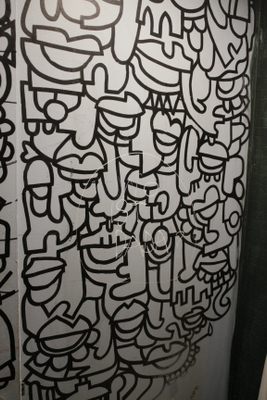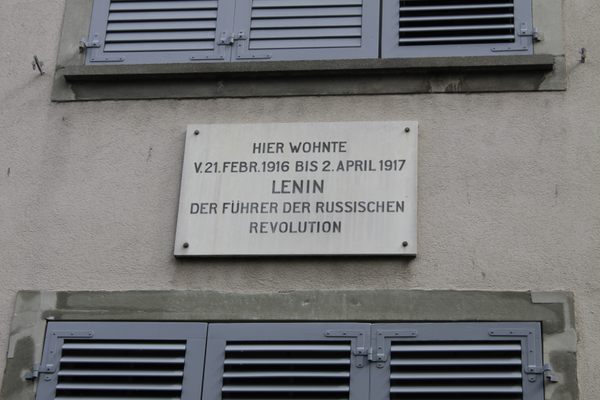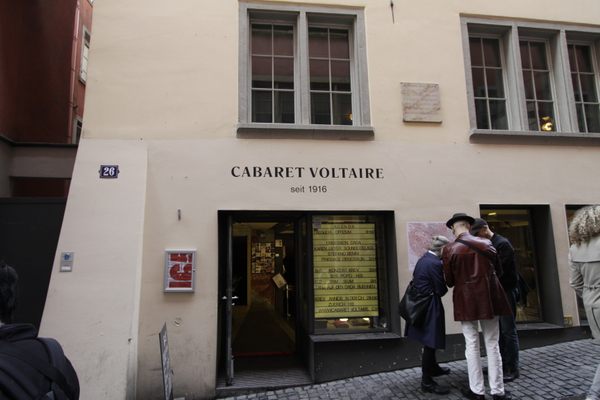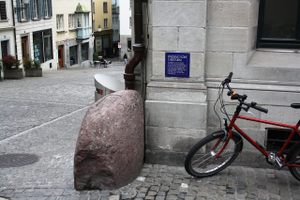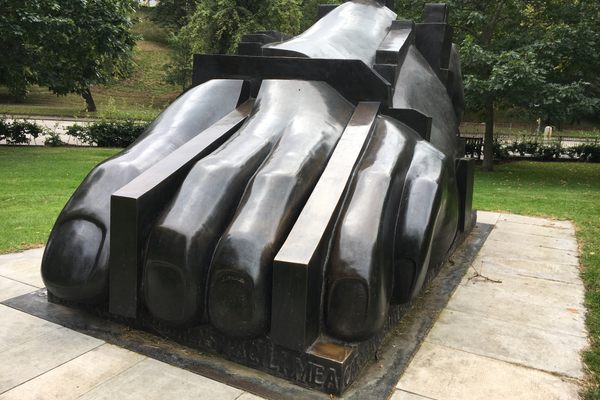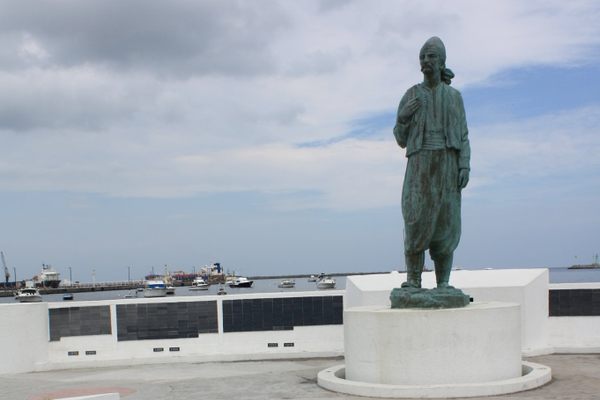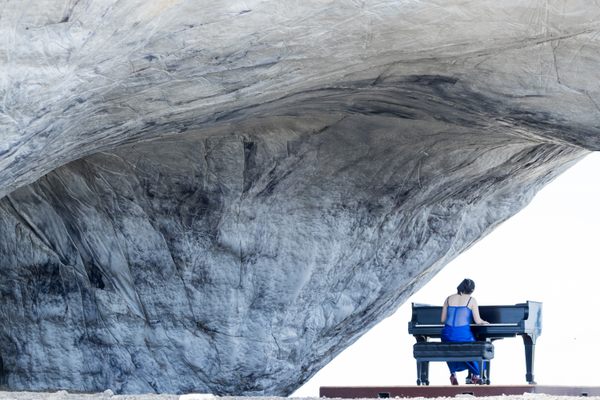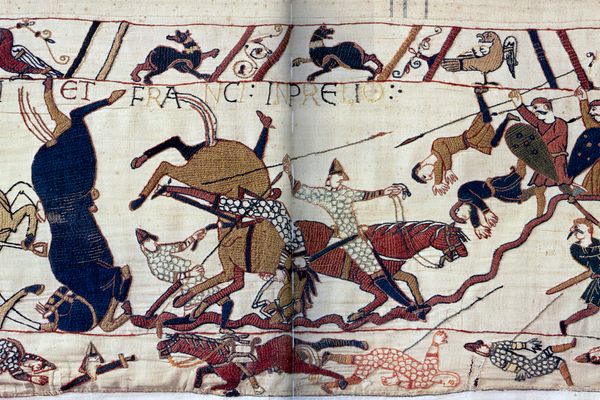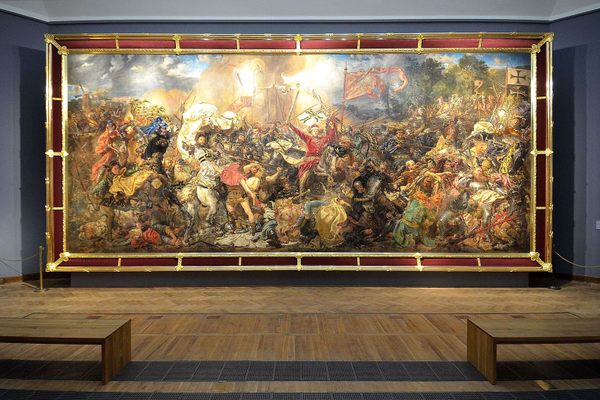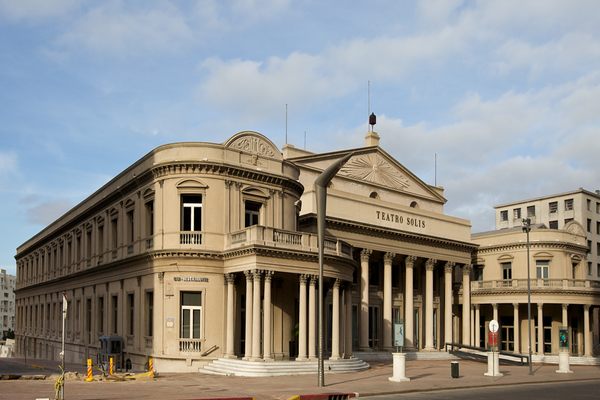About
In July 1916 German artist and poet Hugo Ball stood in the tiny performance space at Zurich’s Cabaret Voltaire, and read the first Manifesto introducing the world to a new concept in thought and culture. This was Dada: “An International word. Just a word, and the word a movement.”
Ball, along with his wife Emmy Hennings and half a dozen other Dadaists like Tristan Tzara and Jean Arp, opened the small café, gallery and salon as a showcase for the burgeoning, unruly movement. In the process they began a new chapter in Western cultural history.
It was here in the Spiegelgasse that the group played piano, danced and performed new forms of poetry. They exhibited art, argued, sang and railed against the war—often in outlandish, stylized costume.
With Switzerland neutral during World War I, Zürich had become a haven for artists, philosophers, scientists and writers. Political exiles from all parts of Europe and Russia came, including Vladimir Lenin, who lived near the Cabaret at the time. Some say he was known to drop by occasionally, maybe looking for some absurdist conversation and decent vodka.
In the wake of the War’s devastation, Hugo and this loose assemblage of like-minded artists—or “anti-artists” as they preferred – had hoped to create a more permanent home for their anti-war expression, but their own lack of cohesion may have been the Cabaret’s undoing. It only lasted a year or so, and the avant-garde moved on.
Over the years the Cabaret Voltaire deteriorated, and after a brief period of occupation by neo-Dada squatters, the building was saved from demolition. In 2004 it reopened as a café, cultural and education center, and bookshop. Hugo Ball and his pals weren’t big on organized celebrations, but even they would probably cheer a hundred years of Dada.
Related Tags
Know Before You Go
The Cabaret Voltaire in in central Zürich, open Tuesdays through Sundays (closed on Mondays).
Community Contributors
Added By
Published
September 19, 2016




